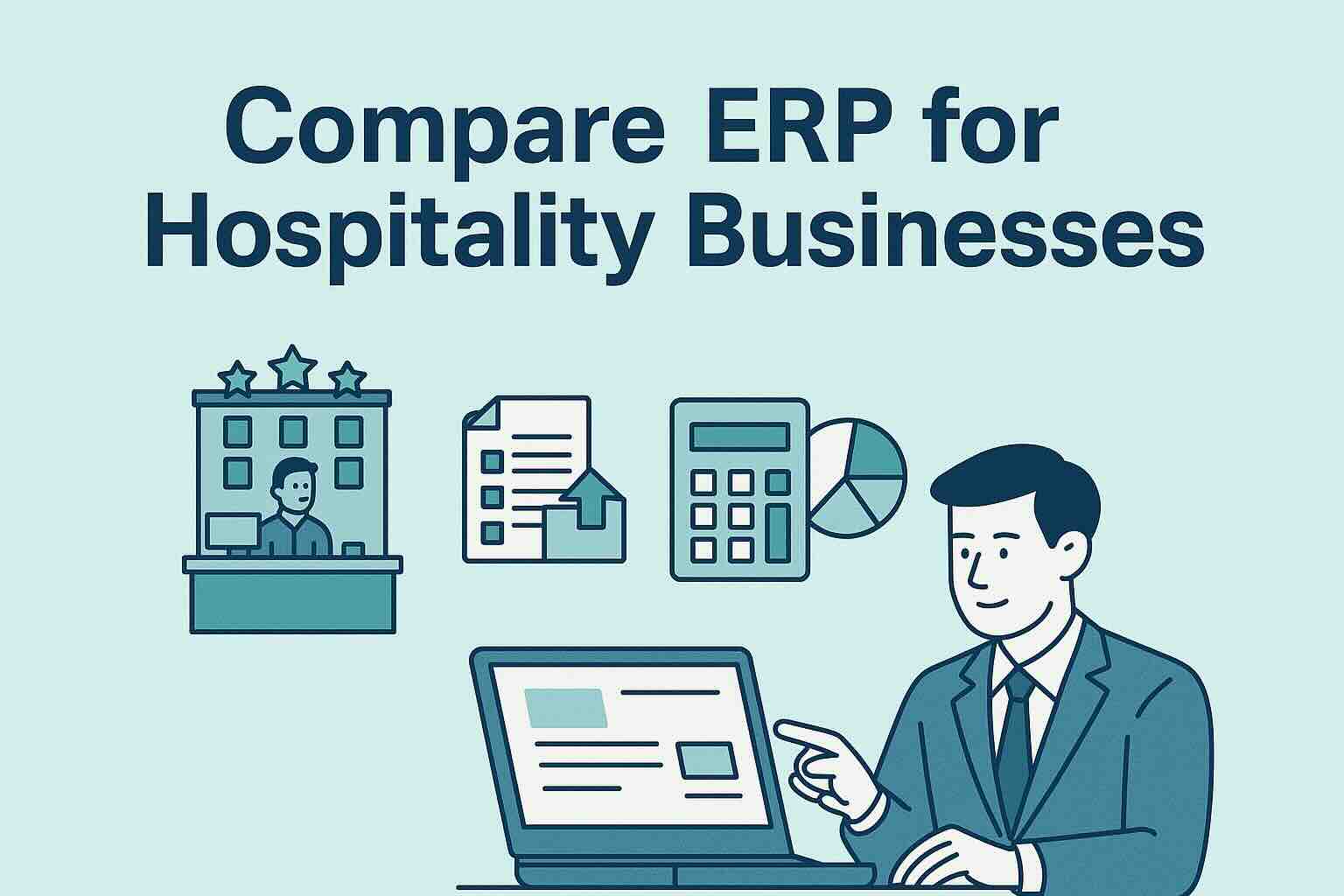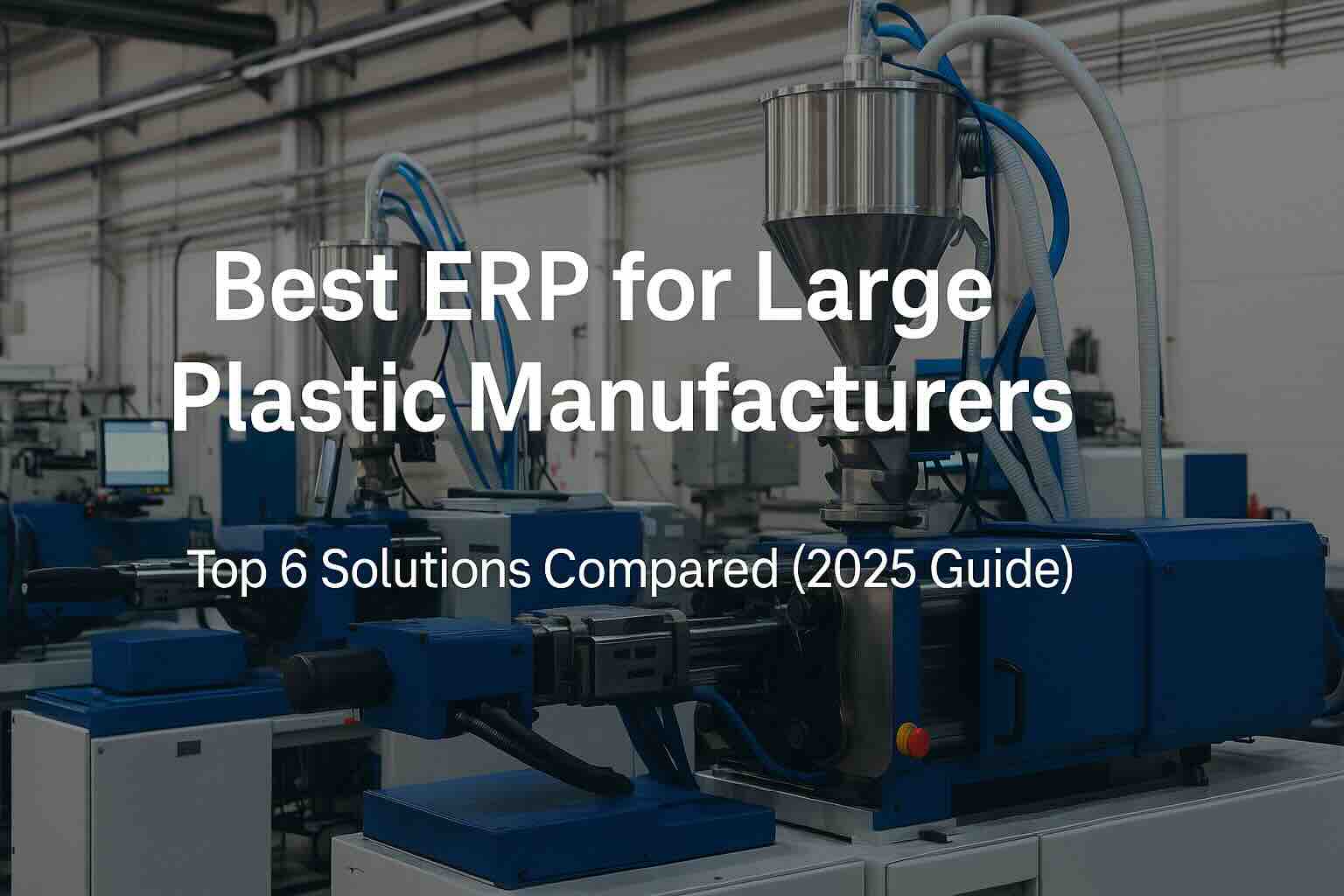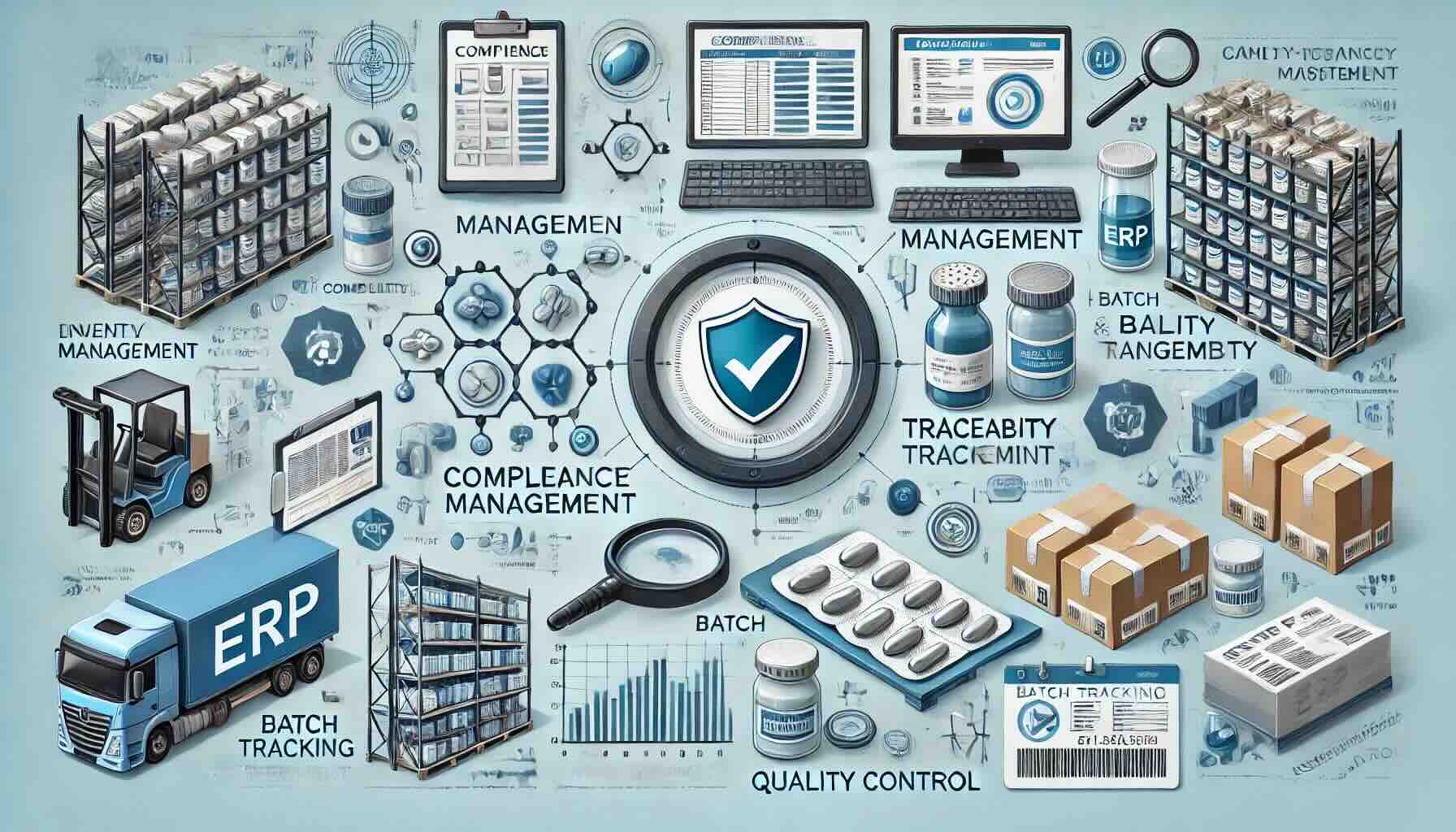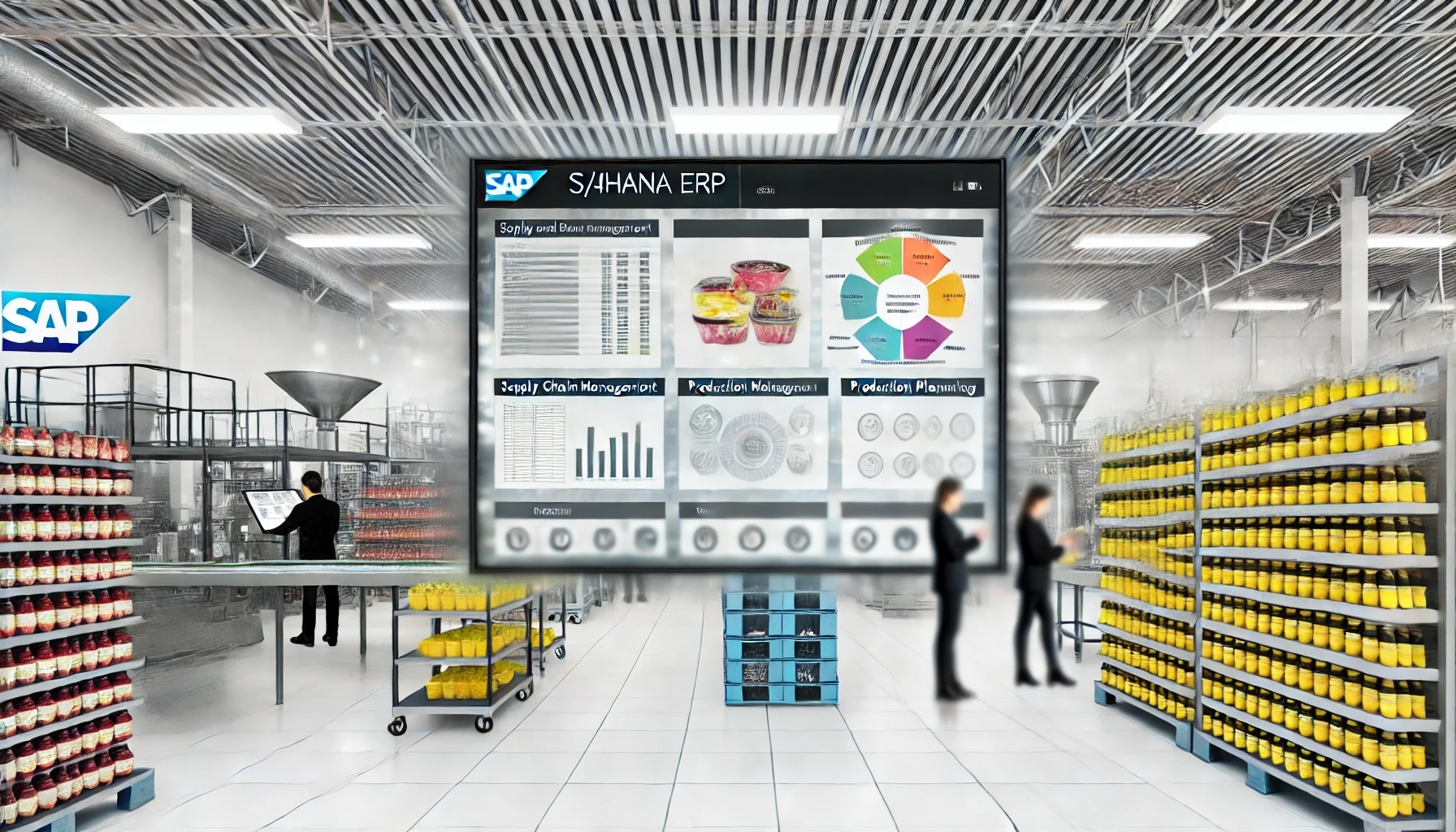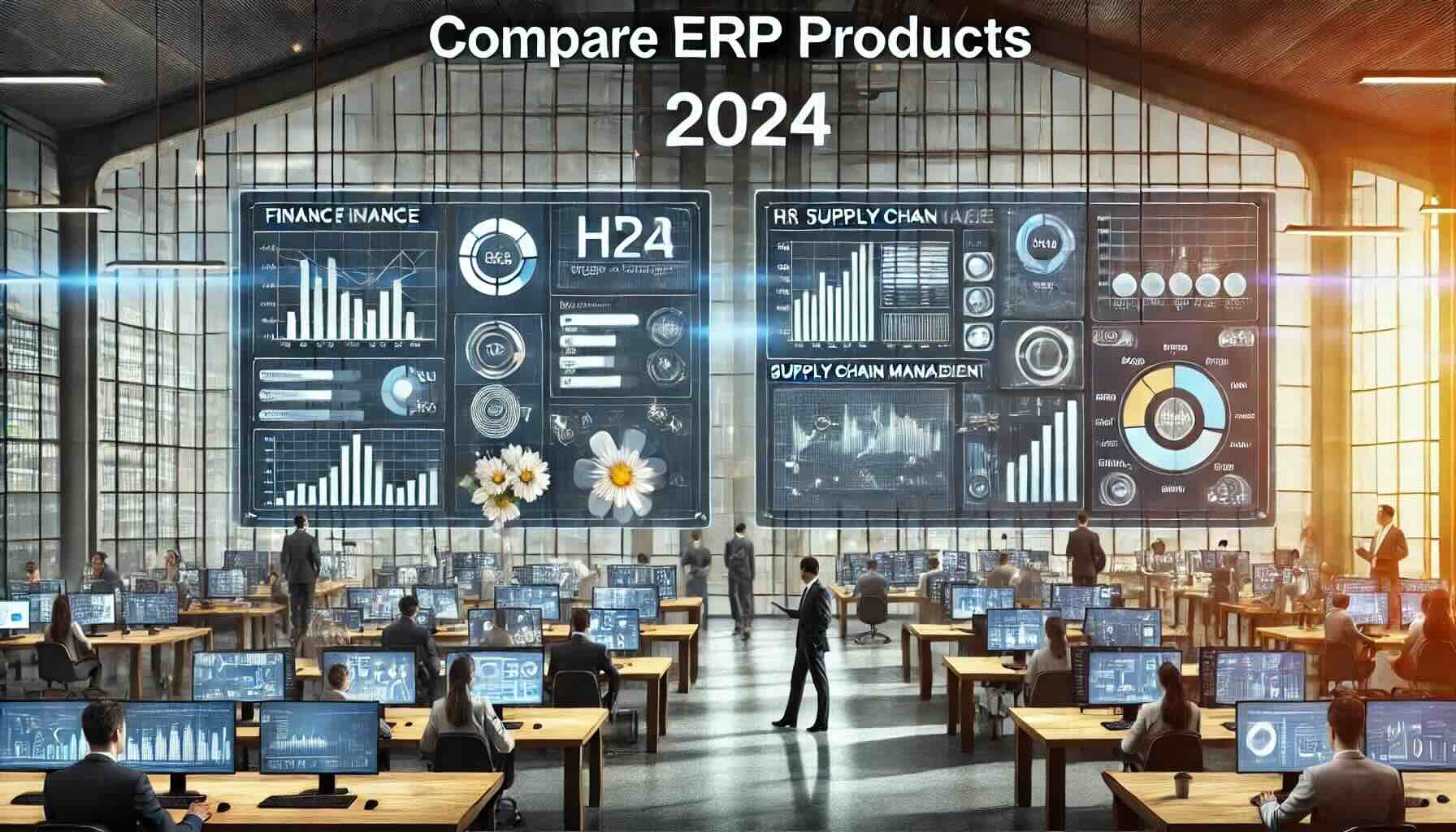Best ERP for UK Businesses: Which Solution is Right for You?
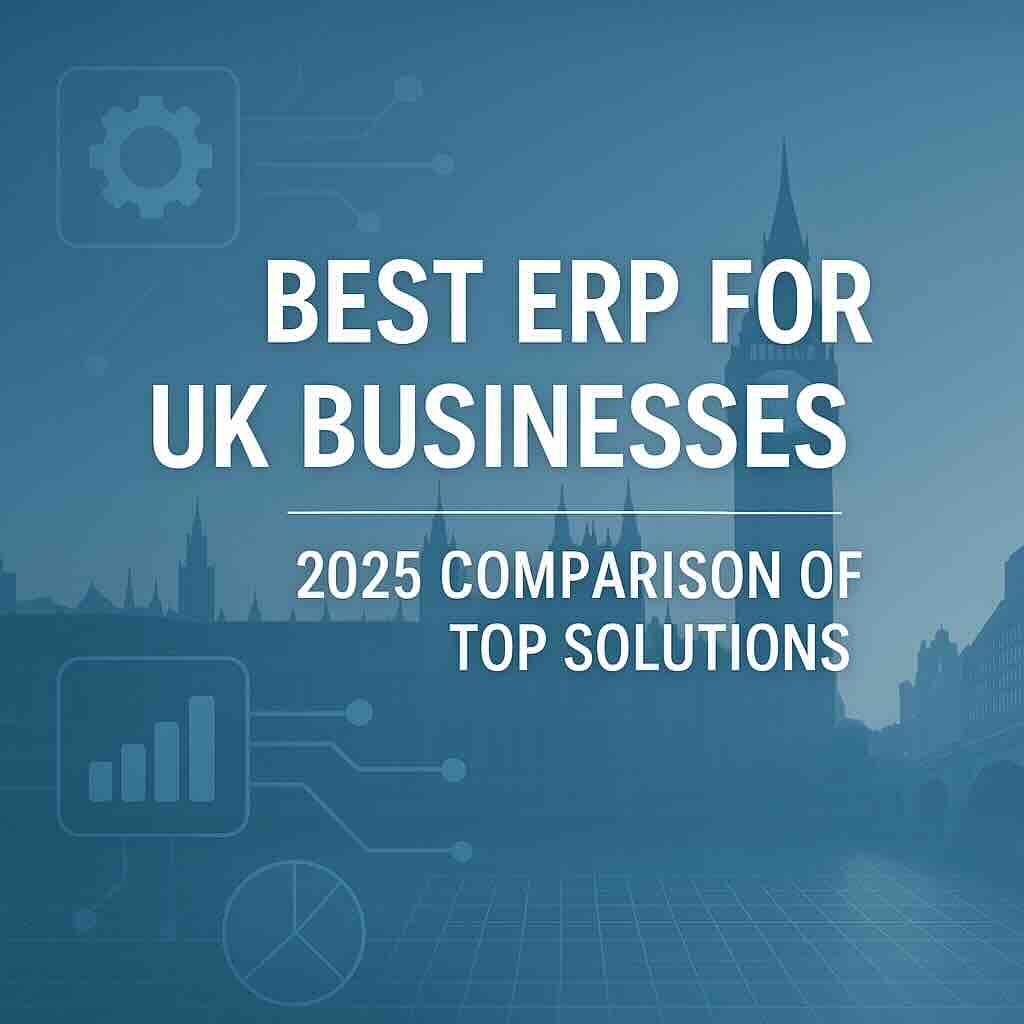
Choosing the best ERP for UK businesses is one of the most critical decisions an organisation can make. The right Enterprise Resource Planning (ERP) solution unifies finance, operations, supply chain, HR, and customer data into a single platform – driving efficiency and growth. However, the ERP landscape in the UK is diverse, with options catering to SMEs, mid-sized firms, and large enterprises. This article compares leading ERP systems available in the UK, highlighting their strengths, pricing considerations, and suitability for different business types.
Why ERP Matters for UK Businesses
ERP systems streamline processes by centralising data and automating workflows. For UK companies, where regulatory compliance, post-Brexit supply chain challenges, and rapid digital transformation are priorities, ERP adoption can provide:
-
Improved operational visibility through real-time dashboards
-
Scalable growth without needing multiple disparate systems
-
Regulatory compliance for HMRC tax, payroll, and GDPR requirements
-
Cost efficiency by reducing manual tasks and duplication
With these benefits, the ERP market in the UK is projected to grow steadily, especially as more firms migrate to cloud-based solutions.
Key Factors to Consider When Choosing an ERP
Before reviewing specific vendors, UK businesses should evaluate:
-
Deployment Model: Cloud vs. on-premise vs. hybrid
-
Industry Fit: Features tailored for manufacturing, retail, finance, etc.
-
Scalability: Ability to grow with the business
-
Cost Structure: Licensing, implementation, and ongoing support
-
Integration: Compatibility with existing tools like CRM or e-commerce platforms
The Best ERP for UK Businesses: Top Solutions Compared
1. SAP Business One
Best for: SMEs and growing businesses needing robust features
SAP Business One is widely used in the UK among small to mid-sized firms. It provides modules for finance, inventory, sales, and production planning. Its key advantages include strong customisation options and seamless integration with SAP’s ecosystem.
-
Pros: Comprehensive features, scalable, strong analytics
-
Cons: Higher implementation costs compared to competitors
-
Deployment: On-premise and cloud
-
Ideal for: Manufacturing, wholesale, and distribution companies
To find out more about SAP Business One, you can visit this link.
2. Microsoft Dynamics 365 Business Central
Best for: Businesses seeking Microsoft integration
Dynamics 365 Business Central is a popular cloud ERP for UK SMEs. It integrates tightly with Microsoft 365 and Power BI, making it attractive for companies already using the Microsoft stack.
-
Pros: Cloud-first, user-friendly, strong financial management
-
Cons: Limited out-of-the-box manufacturing features
-
Deployment: Cloud (with on-premise options)
-
Ideal for: Professional services, retail, and distribution
To find out more about Microsoft Dynamics 365 Business Central, you can visit this link.
3. NetSuite ERP
Best for: Fast-growing businesses and multi-entity companies
Oracle NetSuite is a cloud-native ERP widely adopted by UK startups and mid-market firms. It offers financials, CRM, inventory, and e-commerce modules on a single platform, with strong multi-currency and multi-subsidiary capabilities – ideal for businesses trading internationally.
-
Pros: Fully cloud-based, excellent scalability, strong global compliance
-
Cons: Higher subscription costs, may require partner support for customisation
-
Deployment: Cloud
-
Ideal for: SaaS, e-commerce, and global operations
To find out more about NetSuite ERP, you can visit this link.
4. Sage Intacct
Best for: Finance-focused small and mid-sized businesses
Sage is a UK-based leader in accounting software, and Sage Intacct extends this expertise into cloud ERP. It offers powerful financial management, real-time reporting, and automation tailored to service industries.
-
Pros: Strong UK accounting compliance, easy-to-use dashboards
-
Cons: Limited manufacturing capabilities
-
Deployment: Cloud
-
Ideal for: Professional services, non-profits, and finance-heavy SMEs
To find out more about Sage Intacct, you can visit this link.
5. Odoo
Best for: Budget-conscious SMEs needing flexibility
Odoo is an open-source ERP with modular architecture, allowing businesses to start small and expand functionality over time. Its affordability and wide range of apps (inventory, CRM, e-commerce) make it attractive to UK startups.
-
Pros: Low cost, flexible modules, strong community support
-
Cons: Requires technical expertise for customisation
-
Deployment: Cloud and on-premise
-
Ideal for: Startups and SMEs across multiple industries
To find out more about Odoo, you can visit this link.
6. Infor CloudSuite Industrial (SyteLine)
Best for: Manufacturing and supply chain-heavy firms
Infor CloudSuite Industrial is tailored for manufacturers in the UK, providing advanced production planning, inventory management, and supply chain tools. It supports complex manufacturing environments and offers strong industry-specific features.
-
Pros: Excellent manufacturing capabilities, cloud deployment options
-
Cons: Can be complex to implement
-
Deployment: Cloud and on-premise
-
Ideal for: Discrete and process manufacturers
To find out more about Infor CloudSuite Industrial, you can visit this link.
Which ERP is Best for Your UK Business?
There is no single best ERP for UK businesses – the right choice depends on company size, industry, budget, and growth plans:
-
SMEs and Startups: Odoo or Sage Intacct for affordability and quick deployment
-
Growing Mid-Sized Firms: Dynamics 365 Business Central or NetSuite for scalability and cloud integration
-
Manufacturing & Supply Chain: SAP Business One or Infor CloudSuite Industrial for advanced production tools
-
Finance-Heavy Organisations: Sage Intacct for UK-specific compliance and robust financial management
Find Your Best ERP in Minutes
Implementing the right ERP system could be the game-changer your business needs. With our AI-powered Compare ERP tool, you can effortlessly explore and compare solutions tailored to your unique business needs. Our advanced engine analyses millions of data points across 100+ ERP solutions, delivering your top three picks based on your priorities. Best of all, it’s completely free.
Take the first step toward streamlining operations and boosting productivity – start comparing today.

